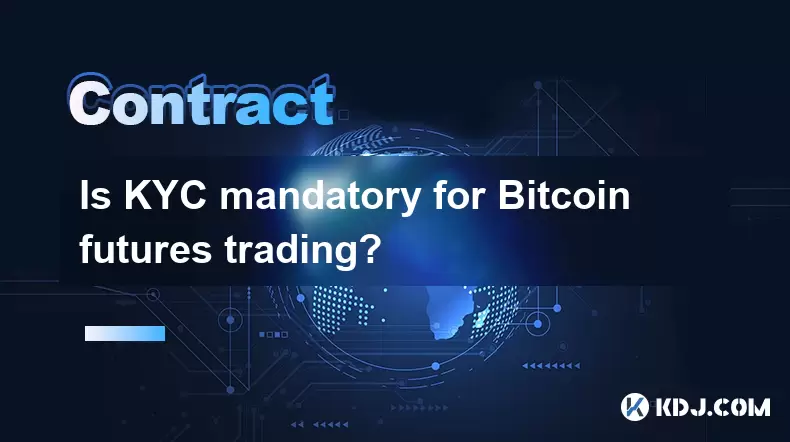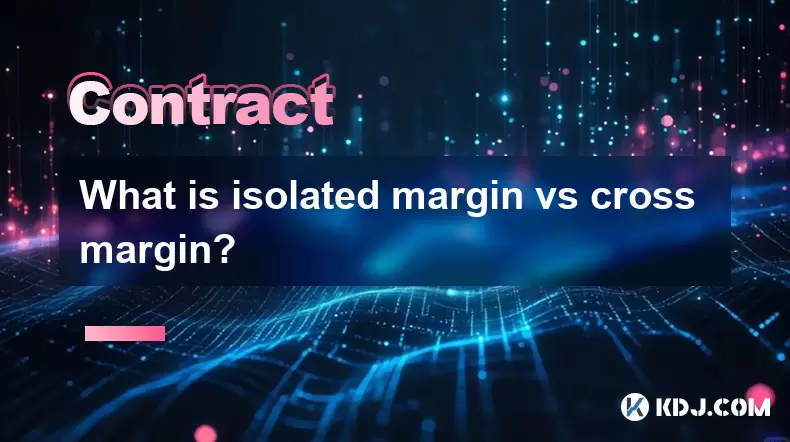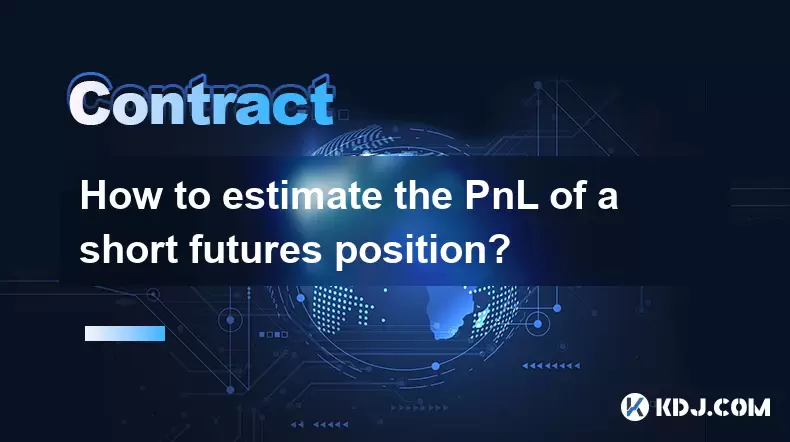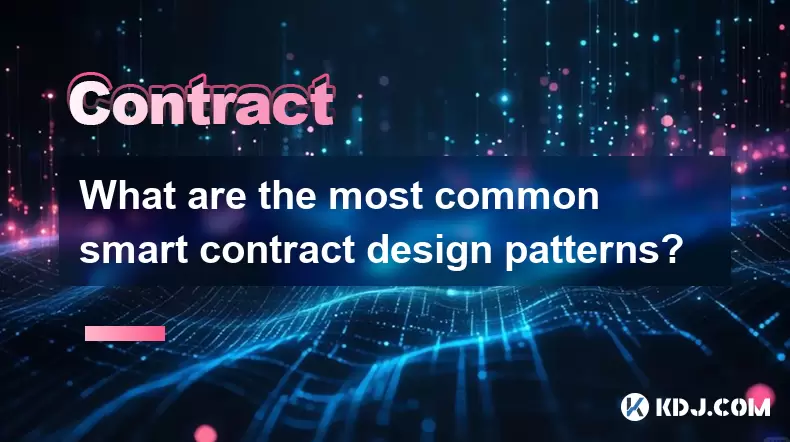-
 Bitcoin
Bitcoin $117,576.6195
-0.21% -
 Ethereum
Ethereum $2,938.5668
-1.35% -
 XRP
XRP $2.7699
4.60% -
 Tether USDt
Tether USDt $1.0003
0.01% -
 BNB
BNB $688.1624
-0.01% -
 Solana
Solana $160.5113
-1.95% -
 USDC
USDC $0.9999
0.01% -
 Dogecoin
Dogecoin $0.1976
-0.70% -
 TRON
TRON $0.3008
1.54% -
 Cardano
Cardano $0.7159
-2.16% -
 Hyperliquid
Hyperliquid $46.2240
2.04% -
 Stellar
Stellar $0.3966
22.03% -
 Sui
Sui $3.3928
-3.11% -
 Chainlink
Chainlink $15.1204
-2.43% -
 Bitcoin Cash
Bitcoin Cash $515.1741
-1.19% -
 Avalanche
Avalanche $20.8130
-0.90% -
 Hedera
Hedera $0.2001
-2.12% -
 UNUS SED LEO
UNUS SED LEO $9.0522
0.72% -
 Shiba Inu
Shiba Inu $0.0...01316
-2.01% -
 Toncoin
Toncoin $2.9843
0.61% -
 Litecoin
Litecoin $92.6745
-2.71% -
 Polkadot
Polkadot $3.9483
-0.06% -
 Monero
Monero $328.5347
1.10% -
 Dai
Dai $0.9998
0.01% -
 Ethena USDe
Ethena USDe $1.0006
-0.01% -
 Uniswap
Uniswap $8.3739
-6.50% -
 Bitget Token
Bitget Token $4.4241
-1.99% -
 Pepe
Pepe $0.0...01222
-3.96% -
 Aave
Aave $300.5203
-3.61% -
 Bittensor
Bittensor $382.2607
-1.92%
Are Bitcoin contracts good for beginners?
Bitcoin contracts let traders bet on Bitcoin's price without owning it, using leverage that boosts both gains and risks.
Jul 12, 2025 at 08:14 pm

Understanding Bitcoin Contracts
Bitcoin contracts, often referred to as Bitcoin futures or perpetual contracts, are financial derivatives that allow traders to speculate on the price of Bitcoin without owning the actual asset. These contracts derive their value from the underlying price of Bitcoin and can be traded on various cryptocurrency exchanges like Binance, Bybit, and Kraken. For beginners, it's essential to understand how these contracts work before diving into trading.
One of the key features of Bitcoin contracts is leverage, which allows traders to control a larger position with a relatively small amount of capital. However, this also increases both potential profits and losses. Beginners should be aware that leveraged trading can result in significant financial risk, especially if proper risk management strategies are not in place.
Risks Involved for New Traders
Trading Bitcoin contracts involves several risks that may be overwhelming for newcomers. One major concern is liquidation risk, where a trader’s position gets automatically closed by the exchange if their account equity drops below the required margin level. This can happen quickly due to the volatile nature of Bitcoin’s price movements.
Another critical factor is the complexity of contract mechanics, such as funding rates in perpetual contracts. Funding rates are periodic payments made to either long or short traders depending on whether the contract price is above or below the spot price. Beginners may find it difficult to grasp these dynamics without prior experience in derivative markets.
Additionally, emotional trading plays a big role when dealing with contracts. The pressure of managing leveraged positions can lead to impulsive decisions, which can amplify losses. It’s important for new traders to develop a disciplined mindset and avoid overtrading.
Learning Curve and Educational Resources
Before engaging in Bitcoin contract trading, beginners must invest time in learning the fundamentals. Many exchanges offer educational materials, including tutorials, webinars, and demo accounts, which can help users familiarize themselves with contract trading environments.
Some platforms provide paper trading options, allowing users to practice trading with virtual funds. This feature enables beginners to test strategies and understand market behavior without risking real money. It's highly recommended for new traders to take advantage of these tools before entering live markets.
Moreover, there are numerous online communities and forums where experienced traders share insights and strategies. Engaging with these groups can help beginners learn from others' experiences and avoid common pitfalls associated with contract trading.
Steps to Begin Trading Bitcoin Contracts
If a beginner decides to proceed with Bitcoin contracts, they should follow a structured approach:
- Choose a reliable exchange: Research and select an exchange that offers user-friendly contract trading interfaces and strong security measures.
- Start with low leverage: Begin with minimal leverage (e.g., 2x or 5x) to reduce exposure while gaining experience.
- Use stop-loss orders: Implement stop-loss orders to limit potential losses and protect capital.
- Monitor open positions regularly: Keep track of active trades and adjust strategies based on market conditions.
- Review performance periodically: Analyze past trades to identify strengths and weaknesses in decision-making processes.
These steps help create a safer environment for beginners to experiment with Bitcoin contracts while minimizing unnecessary risks.
Alternatives to Contract Trading for Beginners
For those who find Bitcoin contracts too complex or risky, there are alternative ways to participate in the cryptocurrency market:
- Buying and holding Bitcoin: A straightforward method where investors purchase Bitcoin directly and store it securely.
- Using spot trading platforms: Spot trading allows buying and selling of actual cryptocurrencies without leverage or complex derivatives.
- Participating in staking or yield farming: Some platforms offer passive income opportunities through staking or liquidity provision, though these also carry their own risks.
Exploring these alternatives might provide a more stable foundation for beginners before venturing into contract trading.
Frequently Asked Questions
Q: Can I trade Bitcoin contracts without using leverage?
Yes, many exchanges allow traders to use zero leverage when opening contract positions. This means you trade with the full value of the position rather than borrowing funds, reducing overall risk.
Q: How do funding rates affect my Bitcoin contract trades?
Funding rates are periodic payments exchanged between long and short traders in perpetual contracts. If you hold a position during a funding rate settlement, your account will either receive or pay a small fee based on market conditions.
Q: Is it possible to lose more than my initial investment in Bitcoin contracts?
In most cases, modern exchanges implement bankruptcy protection mechanisms to ensure traders don’t lose more than their deposited margin. However, understanding margin requirements and liquidation levels is crucial to avoid unexpected outcomes.
Q: What is the difference between futures contracts and perpetual contracts?
Futures contracts have a fixed expiration date, after which they settle at the spot price. Perpetual contracts, on the other hand, have no expiry and rely on funding rates to keep prices aligned with the spot market.
Disclaimer:info@kdj.com
The information provided is not trading advice. kdj.com does not assume any responsibility for any investments made based on the information provided in this article. Cryptocurrencies are highly volatile and it is highly recommended that you invest with caution after thorough research!
If you believe that the content used on this website infringes your copyright, please contact us immediately (info@kdj.com) and we will delete it promptly.
- Tether's USDT on Blockchains: Streamlining for Scalability and Regulatory Shifts
- 2025-07-12 22:30:12
- HBAR Price Prediction: Hedera's AI Play and the $100 Dream
- 2025-07-12 23:10:12
- Shiba Inu, Meme Coin, Quick Gains: Is the Hype Fading?
- 2025-07-13 00:15:16
- Pepeto, DOGE, and the Meme Coin Frenzy: What's Hot and What's Not
- 2025-07-12 22:50:12
- XRP Price Prediction: Riding the Crypto Coaster to New Highs?
- 2025-07-12 22:50:12
- Crypto's Wild Ride: Unrealized Gains, Regulatory Shifts, and Digital Asset Dominance
- 2025-07-12 22:30:12
Related knowledge

Is KYC mandatory for Bitcoin futures trading?
Jul 12,2025 at 10:56pm
Understanding KYC in the Context of Bitcoin Futures TradingKnow Your Customer (KYC) is a regulatory requirement that financial institutions and servic...

Are Bitcoin contracts good for beginners?
Jul 12,2025 at 08:14pm
Understanding Bitcoin ContractsBitcoin contracts, often referred to as Bitcoin futures or perpetual contracts, are financial derivatives that allow tr...

What is isolated margin vs cross margin?
Jul 12,2025 at 04:01pm
Understanding Margin in Cryptocurrency TradingIn cryptocurrency trading, margin refers to the amount of funds a trader must deposit to open and mainta...

What are Bitcoin contracts?
Jul 12,2025 at 06:21pm
What Are Bitcoin Contracts?Bitcoin contracts refer to smart contracts or derivative agreements that are built on blockchain platforms and utilize Bitc...

How to estimate the PnL of a short futures position?
Jul 10,2025 at 05:00pm
Understanding the Basics of Futures Trading and PnLIn futures trading, a trader enters into a contract to buy or sell an asset at a predetermined pric...

What are the most common smart contract design patterns?
Jul 10,2025 at 09:29pm
Introduction to Smart Contract Design PatternsSmart contract design patterns are standardized solutions to recurring problems encountered during the d...

Is KYC mandatory for Bitcoin futures trading?
Jul 12,2025 at 10:56pm
Understanding KYC in the Context of Bitcoin Futures TradingKnow Your Customer (KYC) is a regulatory requirement that financial institutions and servic...

Are Bitcoin contracts good for beginners?
Jul 12,2025 at 08:14pm
Understanding Bitcoin ContractsBitcoin contracts, often referred to as Bitcoin futures or perpetual contracts, are financial derivatives that allow tr...

What is isolated margin vs cross margin?
Jul 12,2025 at 04:01pm
Understanding Margin in Cryptocurrency TradingIn cryptocurrency trading, margin refers to the amount of funds a trader must deposit to open and mainta...

What are Bitcoin contracts?
Jul 12,2025 at 06:21pm
What Are Bitcoin Contracts?Bitcoin contracts refer to smart contracts or derivative agreements that are built on blockchain platforms and utilize Bitc...

How to estimate the PnL of a short futures position?
Jul 10,2025 at 05:00pm
Understanding the Basics of Futures Trading and PnLIn futures trading, a trader enters into a contract to buy or sell an asset at a predetermined pric...

What are the most common smart contract design patterns?
Jul 10,2025 at 09:29pm
Introduction to Smart Contract Design PatternsSmart contract design patterns are standardized solutions to recurring problems encountered during the d...
See all articles

























































































